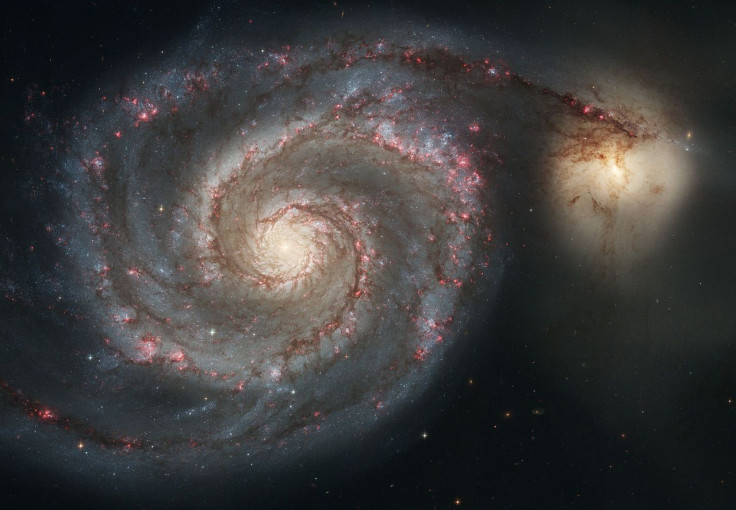Nobel Prize Winner Says Science Ignorance Is ‘Pervasive’ After Poll Reveals Most Americans Doubt Big Bang Theory

A leading U.S. biologist has some choice words for science skeptics: You’re ignorant.
"Science ignorance is pervasive in our society,” Nobel Prize winner Randy Schekman of the University of California, Berkeley, told the Associated Press. “These attitudes are reinforced when some of our leaders are openly antagonistic to established facts.”
Schekman just might know what he's talking about. His contributions to the fields of cell physiology and genetics earned him the 2013 Nobel Prize in medicine.
Schekman’s comment was in response to a recent Associated Press-Gfk poll that found that half of Americans doubt the Big Bang theory, which posits that a large explosion of sorts set the universe into motion 13.8 billion years ago. The poll, conducted March 20-24, asked people to rate how confident they are in their beliefs about several scientific concepts, including those concerning the science of genetics and the origin of the universe.
What else are Americans highly skeptical of? Evolution, climate change and the age of the Earth, the poll revealed.
On the other hand, very few Americans have a problem believing that smoking causes cancer or that mental illness is a medical condition that affects the brain. Also, only 8 percent of respondents said they questioned whether there’s a genetic code inside our cells. Also, 15 percent of Americans polled had misgivings about the safety and effectiveness of childhood vaccines.
The AP-Gfk poll found an overall trend in American scientific skepticism: The further a concept that's considered true by most scientists is from our own experiences, the less likely we are to believe it.
Anthony Leiserowitz, director of the Yale Project on Climate Change Communication, said the poll underscores “the iron triangle of science, religion and politics.”
How confident Americans are in things like evolution, the Big Bang, climate change and the age of the Earth depends heavily on religion and political affiliation, the poll revealed. Democrats, for example, expressed more confidence in these views than their Republican counterparts, which showed the connection between political affiliation and their scientific beliefs.
Similarly, those who regularly attend religious services or identify as evangelical Christians were less likely to view these scientific concepts as true.
"Most often, values and beliefs trump science," Alan Leshner, chief executive of the American Association for the Advancement of Science, told the A.P.
But it wasn’t just experience and faith that affected people’s confidence in science. Researchers said special interest groups, whether political or business-related, also had a hand in guiding people’s acceptance or rejection of scientific concepts.
© Copyright IBTimes 2024. All rights reserved.






















